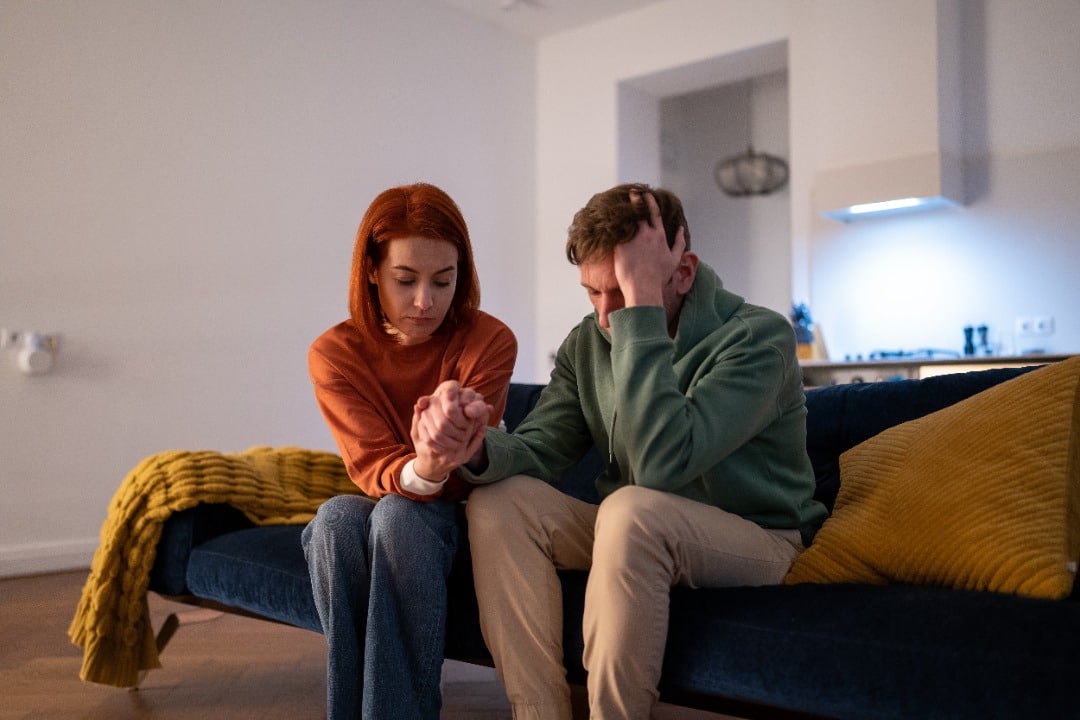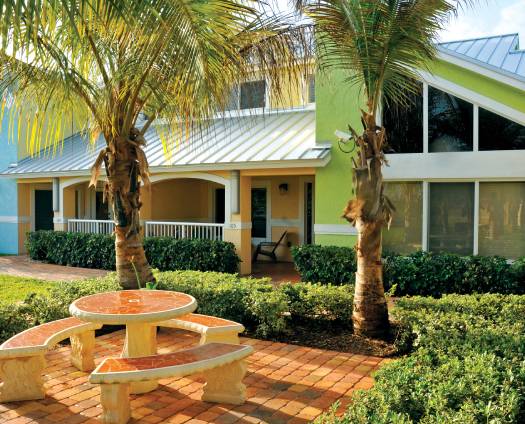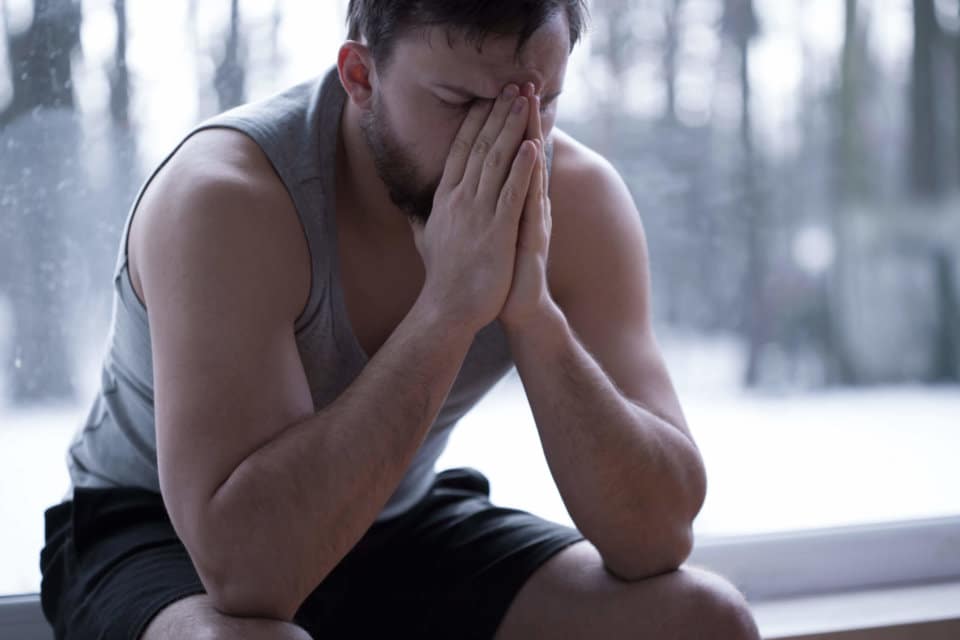BPD treatment at Lifeskills
Untreated borderline personality disorder (BPD) can lead to severe consequences, including self-harm, suicidal behavior, and violence. At Lifeskills, we specialize in treating BPD with our comprehensive dialectical behavior therapy (DBT) pathway. This pathway emphasizes core skills, including mindfulness, distress tolerance, emotional regulation, and interpersonal effectiveness. With master’s-level, personalized care, clients progress at their own pace and receive the appropriate level of treatment across residential, partial hospitalization (PHP), and intensive outpatient (IOP) programs.
About BPD
BPD is a mental health condition marked by emotional instability, intense moods, and relationship difficulties. Affecting about 1.6% of the US population — though the actual prevalence may be higher due to underdiagnosis — BPD is characterized by a fear of abandonment, impulsive behaviors, and self-harm. Individuals with BPD often struggle to maintain emotional balance, leading to intense episodes of anger, depression, and anxiety. While the exact cause remains unclear, genetic and environmental factors may contribute. BPD is also referred to as emotion dysregulation due to its impact on emotional control, self-image, and interpersonal relationships.
Borderline personality disorder affects at least 1.6% of the US population.
Questions about borderline personality disorder
What is BPD?
Borderline personality disorder (BPD) is a complex mental health condition characterized by pervasive instability in mood, self-image, and interpersonal relationships. Individuals with BPD often experience intense emotions, impulsive behaviors, and a chronic fear of abandonment, leading to challenges in managing daily activities and maintaining relationships. The disorder results from a combination of genetic, biological, and environmental factors. Effective treatment typically includes psychotherapy, such as DBT, to help individuals manage emotions, improve relationships, and enhance overall functioning. Early diagnosis and treatment are crucial for achieving optimal long-term outcomes.
What are the signs and symptoms of BPD?
Symptoms of BPD are often severe and can include:
- Emotional instability – Intense mood swings, lasting from a few hours to a few days, often in response to environmental triggers.
- Fear of abandonment – A pervasive fear of rejection, often resulting in frantic efforts to avoid real or imagined abandonment.
- Impulsive behavior – Engaging in risky behaviors such as substance abuse, unsafe sex, or reckless driving.
- Self-harm or suicidal behavior – A tendency toward self-injury or suicidal gestures as a way to cope with overwhelming emotions.
- Unstable relationships – Intense, unstable relationships with idealization followed by devaluation (splitting).
- Chronic feelings of emptiness – A persistent sense of emotional emptiness or disconnection, often leading to feelings of isolation and increased emotional distress.
- Intense anger – Frequent difficulty controlling anger, with explosive outbursts or rage, often triggered by perceived slights or feelings of rejection.
- Distorted self-image – An unstable sense of self or identity, resulting in frequent changes in goals, values, or career plans.
These symptoms can significantly impact daily life and lead to ongoing interpersonal challenges and emotional distress, typically beginning in adolescence or early adulthood.
When should I seek help for BPD?
If you or a loved one is experiencing symptoms of BPD, it’s crucial to seek help when emotional instability, impulsive behaviors, and relationship struggles impact daily life. If self-harm, suicidal thoughts, or violent outbursts are present, immediate professional intervention is essential.
Early diagnosis and treatment can help manage symptoms, reduce risks, and improve overall functioning for long-term recovery. Lifeskills offers specialized BPD treatment in a supportive, compassionate environment. Contact us today to take the first step toward healing. Our team is here to guide you through the recovery journey.
Our Levels of Care
At Lifeskills, we offer a comprehensive continuum of care to support individuals at every stage of their recovery journey. Our levels of care include detoxification, residential treatment, partial hospitalization, intensive outpatient, and transitional living programs, each tailored to meet the unique needs of our clients.



